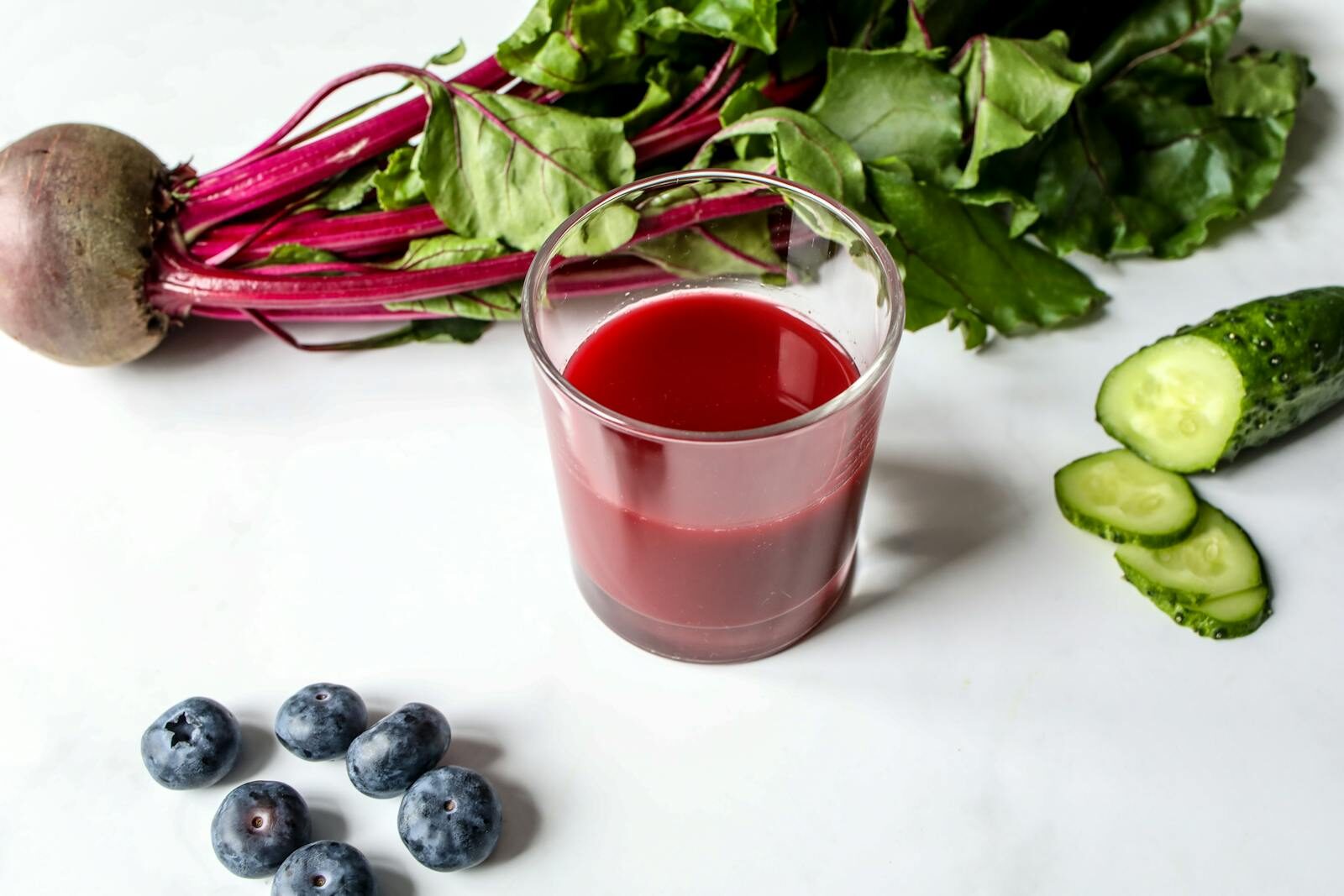
Agitation in Alzheimer’s: Rexulti® Makes Meaningful Improvements
In a new Alzheimer’s study, Rexulti (brexpiprazole) significantly reduced agitation. Learn the kinds of agitation it reduced and by how much.

In a new Alzheimer’s study, Rexulti (brexpiprazole) significantly reduced agitation. Learn the kinds of agitation it reduced and by how much.

There are no approved treatments for DLB, though it is the second most common type of dementia. Do drugs like donepezil hold the key?

While the initial headlines might seem discouraging, there’s always more to the story. 🌟

The newest Alzheimer’s drugs, Kisunla and Leqembi, are the first to actually slow down Alzheimer’s. How do they compare to each other?

VIDEO + ARTICLE: Kisunla (generic name: Donanemab) slowed cognitive and functional decline 35%. Once-monthly infusions reduced Alzheimer’s plaque 84%.

China is the third country to launch LEQEMBI for sale, to fight Alzheimer’s, following the United States and Japan.

Three FDA-Approved drugs, terazosin, doxazosin, and alfuzosin, have a happy side effect; they boost energy production in brain cells. New studies suggest this slows or prevents Dementia with Lewy Bodies.

Grandma hates taking her medications. With her dementia, she ends up asking 10 different times why she has to take it! What should I do?

The unanimous 11-0 FDA vote clears an exciting path for this new Alzheimer’s drug.

South Korea joined other countries in approving LEQEMBI® (generic lecanemab) for mild cognitive impairment, mild and early Alzheimer’s. Learn how Leqembi is treating Alzheimer’s around the world.

People worry about becoming forgetful. Is it the first sign of Alzheimer’s or just the passing years? After all, forgetfulness is a normal part of aging. Check out these quick ways to tell the difference.

Creating peace, calm and a sense of control over their environment is the best gift to give a person living with Alzheimer’s. Learn all about In-Home Routines.

Researchers found in a study that people who developed dementia were more likely to have their credit rating drop at least two and a half years before the diagnosis. Some had problems managing their money up to six years before. Find out more.

The brush strokes are precise, the colors vibrant. See a Colorado art program help patients rise above dementia, while the paintings raise money for The Alzheimer’s Association.

The protein BDNF builds synapses in the human brain, nurturing brain cells and fighting off dementia. While there is no artificial way of boosting it, social and cognitive activity can.

People may not have easy access to sophisticated, expensive dementia tests. A simple test from Einstein Medicine uses a stopwatch and a few questions to determine one’s risk of dementia. The potential payoff could be tremendous for individuals, their families and society.

Ketone-rich diets increase the SIRT3 protein that protects neurons from death during the progression of Alzheimer’s disease. But how does it work? Find out more.
No spam, only news and updates.


